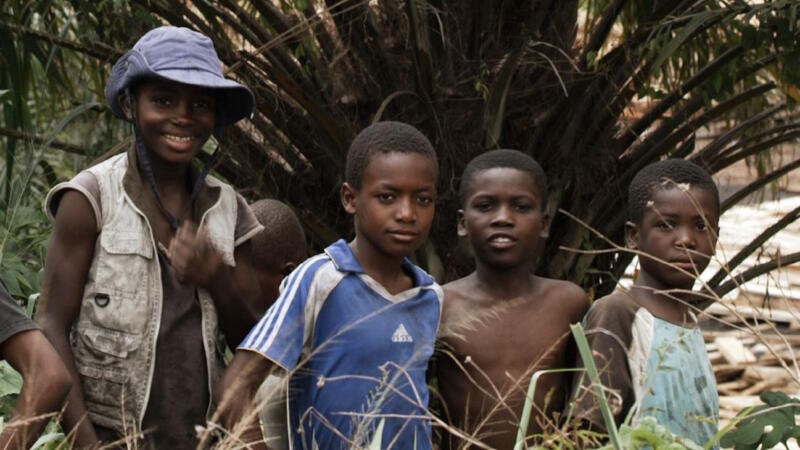
For many people around the globe, chocolate production and consumption is a major industry. Last year (2016), it was estimated that the global chocolate market is worth close to $100 billion.
Chocolate is made from cocoa beans, which grow on cacao trees. Today, the production and consumption of this sweet treat is a complex world trade network. Of the the top 10 cocoa-producing countries, 4 of the top 5 nations are on the African continent: Cameroon, Nigeria, Ghana and Ivory Coast; South American countries like Brazil, Peru and Ecuador are also on the short list. Essentially, mostly countries comprised of a majority (or significant enough) black/African descended population – according to the UN Food and Agriculture Organization.
And with this kind of profitable international trade, exploitation and oppression tend to be rampant. And it is this matter specifically that the documentary, “The Chocolate Case,” tackles.
Produced by BlazHoffski/Dahl TV, the film tells the story of three journalists (Maurice Dekkers, Teun van de Keuken, and Roland Durong) who uncovered child slavery in the cocoa industry and tried to persuade large corporations to end the practice. However, as you can probably guess, they weren’t successful, and so went on to develop what they called the world’s first “slave-free” chocolate bar, Tony’s Chocolonely, which became one of the best-selling brands in the Netherlands.
The journey towards a “slave-free” cocoa world began for the journalists in 2003, as part of a Dutch TV program. The film combines a wealth of archival material with new footage, to reconstruct a poignant history of the industry. The film shows how difficult it is to eliminate basic injustices of a global system. But it is not impossible, the film argues, as the unrelenting perseverance of the journalists carries the narrative all the way through.
“The Chocolate Case” certainly isn’t the first film to address the industry’s child exploitation practices, and the efforts of the mega-companies that rule over it, to bury any negative press. For example, there’s the 2010 documentary, “The Dark Side of Chocolate” about the exploitation and slave-trading of African children to harvest cocoa beans – something that is reportedly still occurring years after the cocoa industry pledged to end it. It was directed by Miki Mistrati and U. Roberto Romano.
“The Chocolate Case” is set to screen at the Copenhagen International Documentary Film Festival – CPH:DOX – which runs from March 16-26, 2017. Browsing through the festival’s lineup, there are a handful of intriguing documentaries on topics that will be of definite interest to readers of this blog; profiles of each will come over the next week, leading into the festival’s kick-off.
In the meantime, a trailer for “The Chocolate Case” (thankfully with English subtitles) is embedded below:

